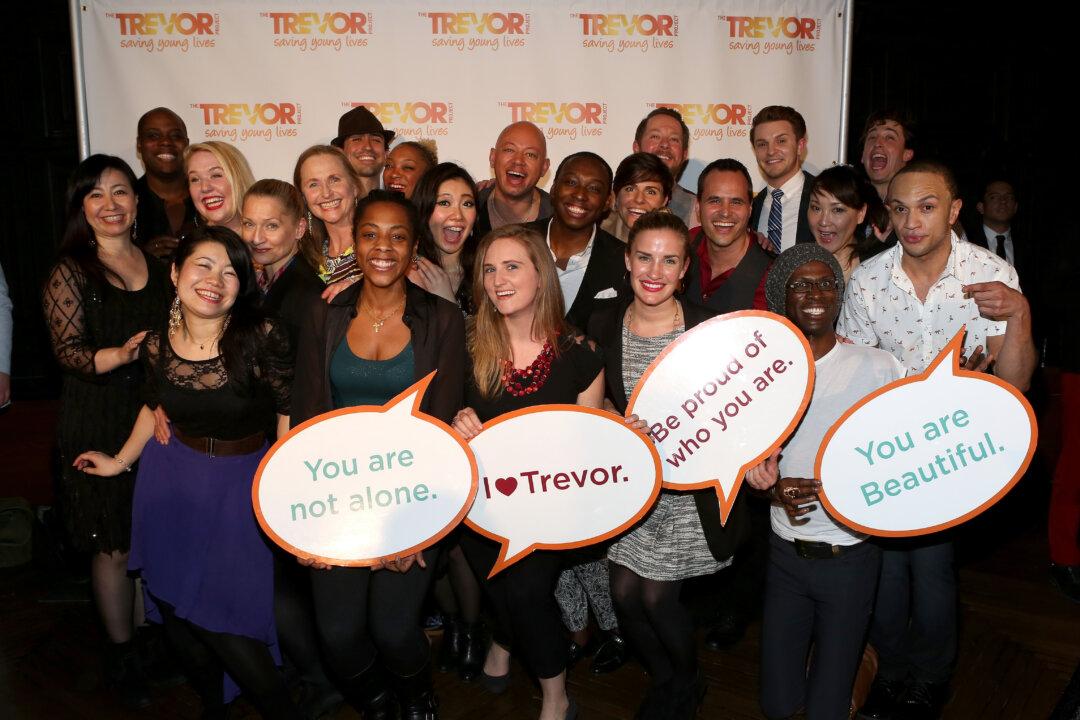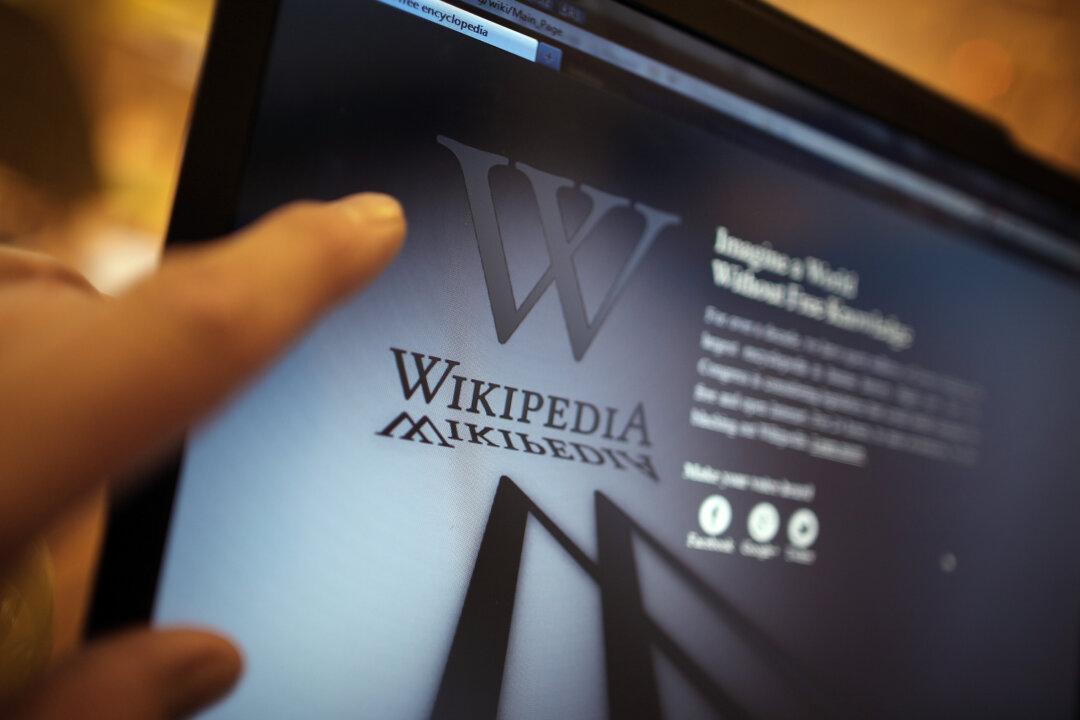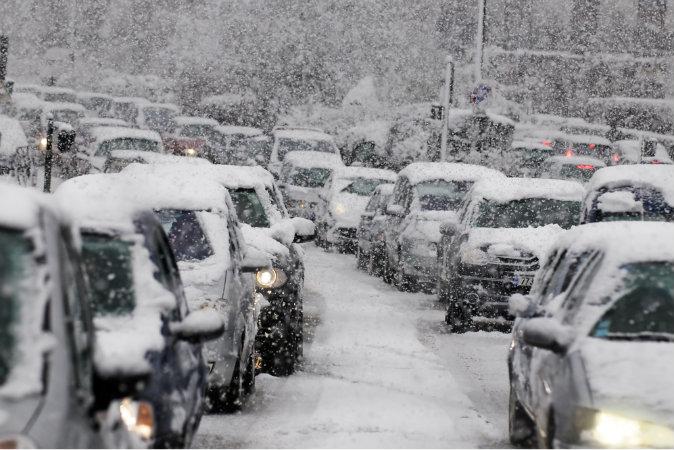Pundits, pollsters, and political parties keep trying to figure out what makes young people tick.
Older people usually struggle to understand what motivates younger people, so it should come as no surprise that recent research on the habits and preferences of the so-called millennial generation—Americans between the ages of 18 and 33—has grownups across the country scratching their heads. Both major political parties recognize the urgency in crafting messages that appeal to a group making up nearly 25 percent of the voting-age population. Whoever figures it out first could conceivably dominate American electoral politics.
The Reason-Rupe 2014 Millennial Survey, released in July, called millennials “a demographic sleeping giant with the power to revolutionize the political landscape of the United States.” President Obama won the youth vote handily in 2008 and 2012, but Democrats shouldn’t take past performance as a guarantee of future results. Millennials have already proven cagey about their allegiances. A March 2014 report by political scientist Michelle Diggles for the liberal think tank Third Way called millennials “likely to switch the party they support from election to election.” The general consensus is that millennials are politically up for grabs. But who are they? What do they want?
Republicans and Democrats are trying to answer these questions. While millennials are more socially liberal than their parents and grandparents, they are also more fiscally conservative and, crucially, lacking in social trust.
Suspicious and Highly Networked
A Pew Research Center report released earlier this year found millennials claiming to be deeply suspicious of institutions, whether corporations, political parties, government bureaucracies, or churches. Not surprisingly, they are highly networked and rely heavily on social media for everything from news and entertainment to cultivating personal relationships (they have also been called the “digital generation” and the first generation of “digital natives”).
Globalization, rapid technological change, and the Great Recession have combined to make millennials worse off economically than previous generations, yet they claim to be optimistic about their long-term prospects. They are at ease with gay marriage and they support marijuana legalization, but their attitudes on abortion and gun control don’t differ much from those of the baby boomers and Gen Xers.
This strange mix of political preferences has led to a flurry of commentary suggesting that the millennial generation is fundamentally libertarian (a view especially popular among libertarians), and thus open to a third party. But it may not be that simple.
In fact, there may be more than one millennial generation: an older cohort that came of age during the George W. Bush years and identifies strongly with Obama’s progressive agenda, and a more skeptical younger cohort, whose political awareness has been shaped by Obama’s first term.
Research by George Washington University’s John Sides and UCLA’s Lynn Vavreck shows that younger millennials went heavily for Mitt Romney in the 2012 election. The GOP nominee won 59 percent of 19-year-olds and 54 percent of 20-year-olds. “Only among ’the oldest of the youngest'—21-year-olds, whose political memories would have been forged during Obama’s first year in office and perhaps during his first presidential campaign—did Obama win a clear majority (75 percent),” Sides wrote.
Post-Millenials
A new generation of post-millennials could be emerging now. They’ve seen the yawning gap between what big government promises and what it can deliver. They don’t trust Washington to protect their privacy any more than they trust Silicon Valley not to exploit their personal information. They’ve witnessed the chaos that results when the world’s most powerful nation leads from behind in world affairs. They were born into a world of on-demand options and personalized services and can’t understand why they only get two choices when it comes to politics.
Complicating the efforts to forecast millennial (and post-millennial) voting habits is an old political reality: People’s views change as they get older. Older white voters are known to favor Republicans. But as Sean Trende of RealClearPolitics has noted, today’s older white voters were yesterday’s younger white voters. In 1972, today’s 59–62-year-olds voted for liberal Democrat George McGovern. In 1976, Jimmy Carter overwhelmingly won the 18–44-year-old voting bloc.
No one in the late 1970s would have predicted that these same voters in 2012 would support a Republican multimillionaire over the nation’s first black president. But they did, by 59–40 percent.
So what can we say about the demographic sleeping giant that the millennial generation supposedly represents? With confidence, not much. They don’t know what they want from politics because their views don’t map neatly onto the existing system. They don’t know what type of economic arrangements they prefer, in part because the “fundamental transformation” promised by Obama in 2008 hasn’t improved their prospects. “You get the sense, reading the Reason Foundation and Pew studies,” writes the Atlantic’s Derek Thompson, “that a savvy pollster could trick a young person into supporting basically any economic policy in the world with the right combination of triggers.”
Millennials are still forming their identities. They are still figuring out what they want.
The mad rush to come up with a taxonomy of the millennial mind seems destined to fail. There’s only so much one can say that applies consistently and coherently to 74.3 million people. Maybe old-fashioned Pew surveys don’t reveal as much about millennials as their online behavior and consumer choices. Maybe millennials aren’t as different from other Americans as pundits and pollsters think they are. Or maybe they’re just young.
Matthew Hennessey (@matthennessey) is a City Journal associate editor. This article originally appeared on the Manhattan Institute’s City Journal website.




